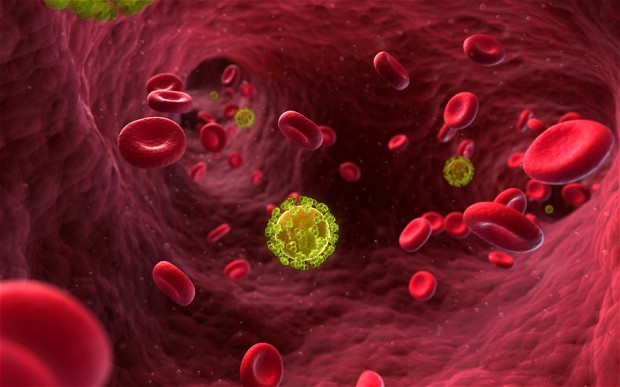|
By Ian MacArthur
In the effort to find a definitive cure for Human Immunodeficiency Virus (HIV), researchers will first have to discover a method of arresting viral replication in host cells. The cells of two young children with a congenital defect may provide a new means of preventing the replication of HIV in otherwise healthy people. Two siblings, a boy of 11 and a girl of 6, have a genetic defect termed a congenital disorder of glycosylation (CDG), and their cells were found unsuitable for the replication of HIV and other viruses. The condition of the pair is unique, as the inability to facilitate viral replication is evident alongside hypogammaglobulinemia, which is a condition characterized by low levels of antibody: a mark of compromised immunity. The diagnosis of hypogammaglobulinemia indicates that it is not a unique feature of the children’s immune systems that explains the inhibition of viral replication. Rather, this finding points to the CDG of the children as the cause. Glycosylation is the process by which carbohydrates are post-translationally added to proteins in the endoplasmic reticulum of cells. Glycosylated proteins are a particularly important class of compounds, as many of them are present at the cell surface and function as receptors involved in intercellular communication. The patients’ particular CDG, CDG-IIb, is caused by a defective gene that codes for MOGS, a protein found in the endoplasmic reticulum involved in the glycosylation of cell surface proteins. The research team studying the patients’ cells discovered that only viruses with glycosylated proteins on the surface of their capsids were unable to replicate in the cells, indicating that improper glycosylation leads to an inability of viruses to infect other cells. Since viruses exploit the enzymes of host cells to replicate themselves, a defect in MOGS of a host cell will result in defective glycosylation of viral proteins. A major implication of this finding is that it points to the use of MOGS inhibitors for halting the replication of virus in patients with HIV and other glycosylated viral diseases. More research will have to be conducted once potential MOGS inhibitors are identified. The study is also interesting in that it sheds light on the methods of medical science. Unfortunately, CDGs can cause life-threatening neurological impairments due to the importance of glycosylated proteins in human development. Although the condition of the two children has provided insight into how HIV might be combated, the discovery comes at the price of their health. Often, the function of a protein or enzyme is identified by its absence in patients with genetic disorders. Thus, the progress of medical science is inextricably linked to morbidity and mortality. While this thought is certainly unsettling, it can also be viewed as an element of solace for patients suffering from rare disorders and their families. In this way, the antithesis of health can contain the way towards its recovery.
0 Comments
Leave a Reply. |
Categories
All
Archives
April 2024
|

